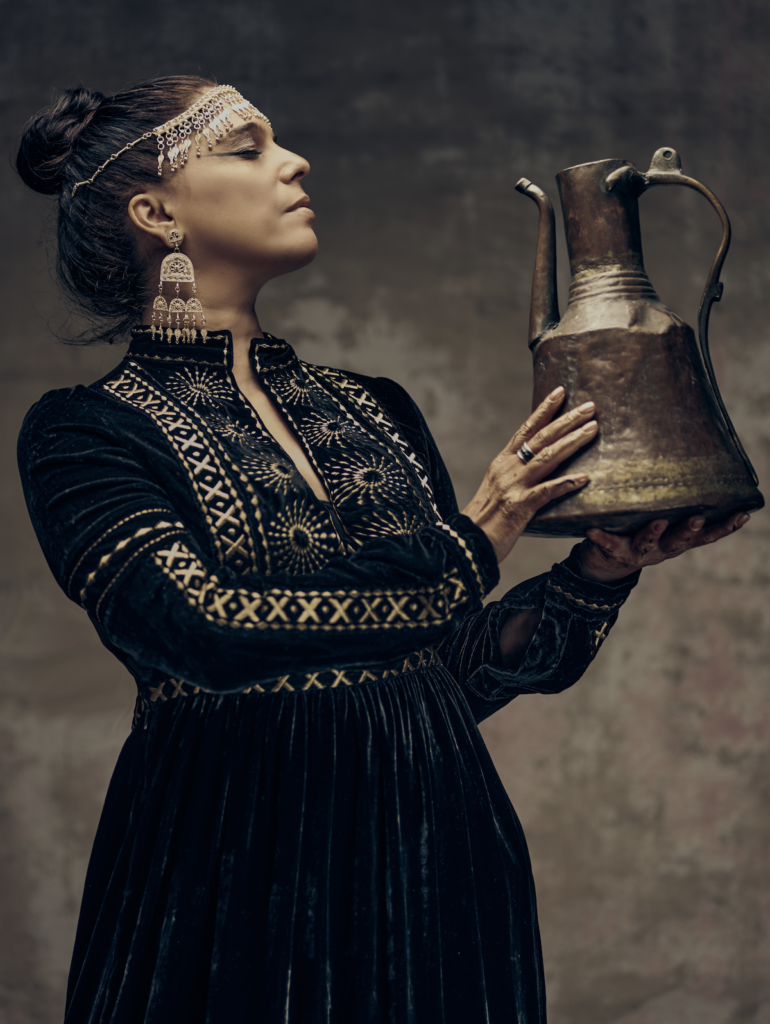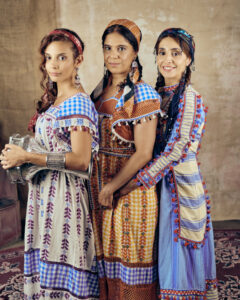This project sheds light on an ancient tradition of the Jewish community that has lived in Yemen for over two thousand years. With new members who specialize in Yemeni music, the group Yamma has recorded an album dedicated to women’s singing. The songs of Yemeni women are quiet songs, sung in Yemeni Arabic. These songs were not highly valued and it was even discouraged to listen to them. While men’s singing was preserved and considered sublime, women’s singing was mostly a refuge for emotional expression.
The women’s songs: an oral tradition
The songs of Yemeni women were passed on orally from mother to daughter. The women sang in Yemeni Arabic what was on their hearts. The songs reflected love and passion, protest, encouragement and strength in times of need. They gave an insight into the lives of the women, their social and family roles and documented life in Muslim society over many generations.
 The role of women in singing
The role of women in singing
Although the Jewish women in Yemen were often faced with restrictions and their freedom was limited, they found complete freedom in song. These strong women, who often could not read or write, poured their feelings into their daily songs. The song, which was never written down but passed down from generation to generation, is a living testimony that gives us a deep insight into the lives and souls of Yemeni women and girls.
The music
The music of the Yemeni Jews is characterized by an intensive use of percussion and characteristic rhythms. Love songs, wedding songs and songs of longing and devotion form a colorful repertoire that offers an exciting and beautiful tribal experience.
The interpretation by Yamma
Traditionally, Yemeni singing was only accompanied by a metal vessel or plate due to a ban on playing musical instruments. Nevertheless, the members of Yamma used instruments such as oud, ney, percussion and bass on their first album. These instruments, which were used thanks to the influence of Muslim music, characterize the cultural and musical atmosphere of Yemeni music, which is strongly focused on rhythm and less on solos or virtuoso singing.




 The role of women in singing
The role of women in singing